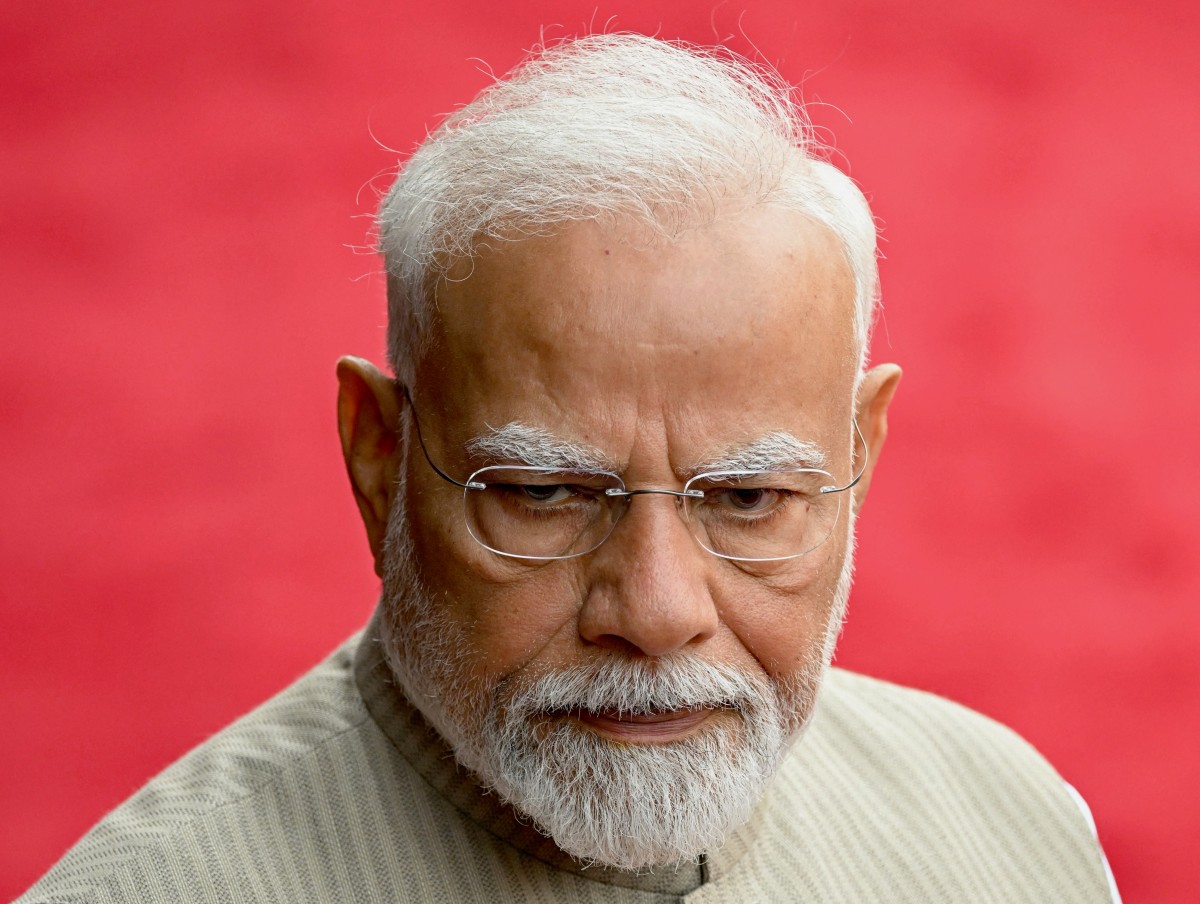New Delhi, India – Prime Minister Narendra Modi said Tuesday that water from India that once flowed across borders will be stopped, days after suspending a key water treaty with arch-rival Pakistan.
Pakistan rejects the accusations, and the two nuclear-armed neighbours have exchanged nightly gunfire since April 24 along the de facto border in Kashmir, the militarised Line of Control, according to the Indian army.
Modi did not mention Islamabad specifically, but his speech comes after New Delhi suspended its part of the 65-year-old Indus Waters Treaty, which governs water critical to parched Pakistan for consumption and agriculture.
“India’s water used to go outside, now it will flow for India”, Modi said in a speech in New Delhi.
“India’s water will be stopped for India’s interests, and it will be utilised for India.”
Pakistan has warned that tampering with its rivers would be considered “an act of war”.
But experts also pointed out that India’s existing dams do not have the capacity to block or divert water, and can only regulate timings of when it releases flows.
‘Boiling point’
A day earlier, United Nations chief Antonio Guterres said relations between Pakistan and India had reached a “boiling point”, warning that “now is the time for maximum restraint and stepping back from the brink” of war.
Islamabad on Tuesday accused India of altering the flow of the Chenab River, one of three rivers placed under Pakistan’s control according to the now suspended treaty.
“We have witnessed changes in the river (Chenab) which are not natural at all,” Kazim Pirzada, irrigation minister for Pakistan’s Punjab province, told AFP.
Punjab, bordering India and home to nearly half of Pakistan’s 240 million citizens, is the country’s agricultural heartland, and “the majority impact will be felt in areas which have fewer alternate water routes,” Pirzada warned.
“One day the river had normal inflow and the next day it was greatly reduced,” Pirzada added.
In Pakistan-administered Kashmir, large quantities of water from India were reportedly released on April 26, according to the Jinnah Institute, a think tank led by a former Pakistani climate change minister.
“This is being done so that we don’t get to utilise the water,” Pirzada added.
Air raid drills
The Indus River is one of the longest in Asia, cutting through ultra-sensitive demarcation lines between India and Pakistan in contested Muslim-majority Kashmir — a Himalayan territory both countries claim in full.
Modi has said India will “identify, track and punish every terrorist and their backer” who carried out the attack at Pahalgam last month in which 26 mainly Hindu men were shot dead — and will “pursue them to the ends of the Earth.”
Indian police have issued wanted posters for three men suspected of involvement — two Pakistanis and an Indian — who they say belong to the Pakistan-based Lashkar-e-Taiba, a UN-designated terrorist organisation.
The Pakistani military has said it has launched two missile tests in recent days, including a test on Saturday of a surface-to-surface missile with a range of 450 kilometres — about the distance from the Pakistan border to New Delhi.
India on Wednesday is set to hold several civil defence drills preparing people to “protect themselves in the event of a hostile attack”.
International pressure has been piled on both New Delhi and Islamabad, who have fought several wars over Kashmir.
Iranian Foreign Minister Abbas Araghchi is expected in New Delhi on Wednesday, two days after talks in Islamabad with Pakistani Prime Minister Shehbaz Sharif.
Tehran has offered to mediate between the two nuclear-armed nations, and Araghchi will be first senior foreign diplomat to visit both countries since the April 22 attack sent relations into a tailspin.
The United States, as well as the rivals’ mutual neighbour China, have both called for leaders to exercise restraint.
Rebels in the Indian-run area have waged an insurgency since 1989, seeking independence or a merger with Pakistan.
India regularly blames its neighbour for backing gunmen behind the insurgency.
Hindu nationalist Modi had already threatened to use water as a weapon in 2016 after an attack in Indian-run Kashmir.
“Blood and water cannot flow together,” he said at the time.








